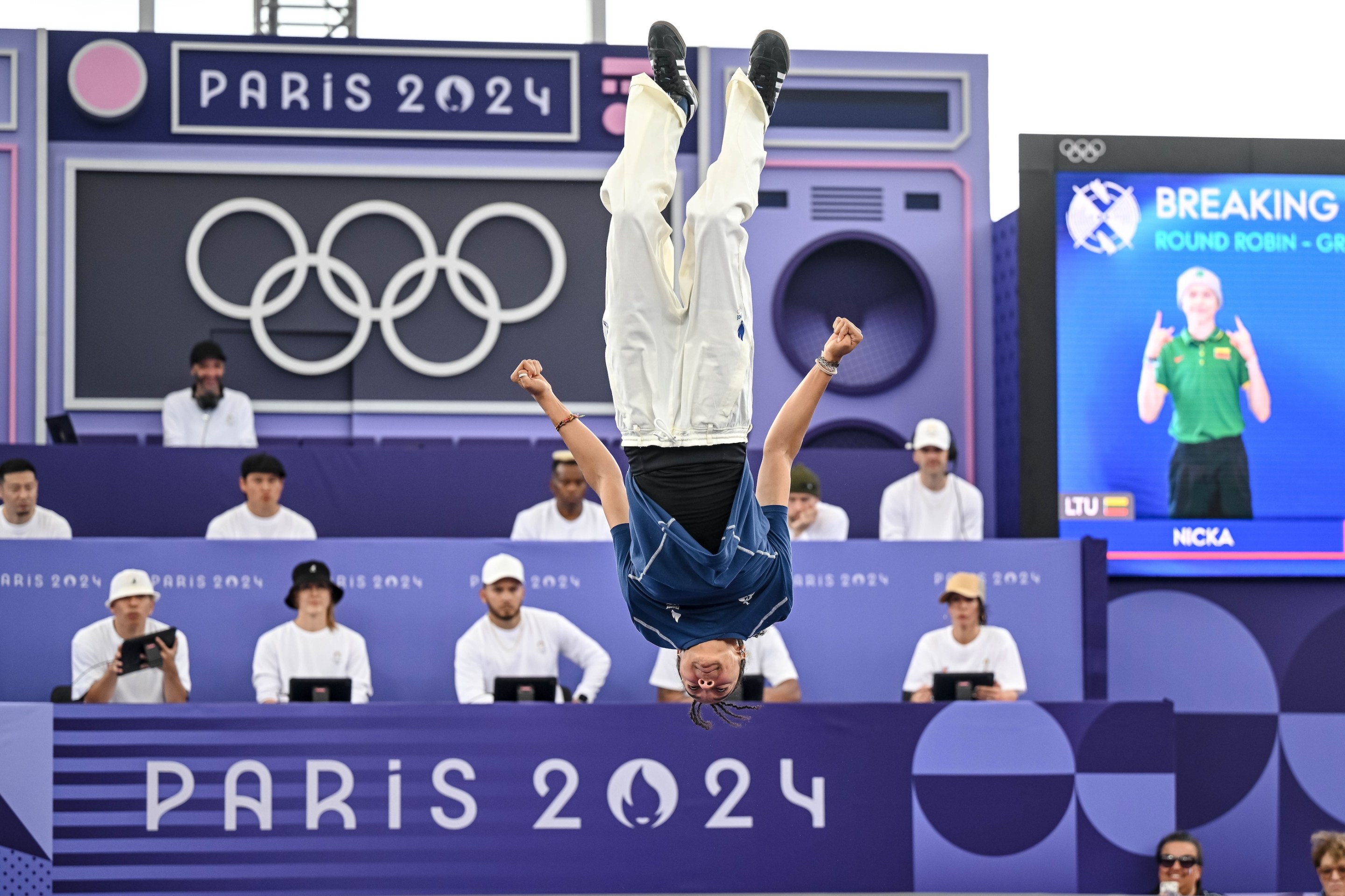In the most basic sense, it is tough to say that "watching sports" is something that a person can be good at. Some people are better at eating or sleeping than others, I guess, but also those are just things that people do. You might be someone with a lot of opinions about sandwiches and a good deal of experience at eating sandwiches—I am not thinking of anyone in particular, here, plenty of normal people might think of themselves that way—but it is tough to know how someone might be Better At It than anyone else. Little kids eat sandwiches, and also watch sports. An otter could also easily do either of those things. This is not a skill, really. It is mostly about having eyes and thumbs.
More to the point, given that I have been doing it my whole life, my ability to watch sports is not something that I have ever really thought about on any kind of continuum of competence. There are sports that I can get more out of than others—in the sense of understanding more of what I'm seeing and having a more nuanced sense of why it's happening—but that is mostly a matter of having played those sports (generally long ago) and watched them (all the time). It's not acumen so much as it is familiarity. I know where the beats go, and the shape of the broader story. I can talk about it in a general sense or a more specific one, depending upon who I'm with. I can identify the difference between an action done effectively and one done less effectively. I can feel, or anyway feel like I can feel, when the erratic pulse of momentum that runs through every game is quickening.
I am at home with it, in short, and the comfort won through repetition and attention has now sunk deep enough into the unconscious daily work of being myself that I don't think about it. I don't think I even know how to think about it, except when the Olympics are happening.
At any time of day during business hours for the last two weeks I can look up and see people doing things I was only faintly aware that people could do, in ways and at levels that I honestly do not know how to parse. This is very much an Olympics experience, and much more bracing and strange for the fact that I forget about how potent it is during the years between the games. It's not just about feeling awe at the levels of mastery and bravery on display—I love that, of course, but I already knew that I loved it from other, more familiar sports. I am writing here about the other bit, the uncannier and more transcendent experience of watching something that you don't strictly know how to watch.
I am thinking, for instance, of watching competitors in the kayak cross get dumped down a 12-foot chute before racing down a whitewater course, periodically stopping to more or less fight each other for reasons that, given the pace of the broader action, are never quite explained. I know what a race is, and I know how to assess who is winning it, but I also do not really know what I was watching when I was watching all that.
I am thinking, too, of artistic swimming or synchronized diving, which presented challenges in their respective grandiosity and austerity. In the former, people seemed to transform themselves into people-shaped birds, and in the latter into abstracted lines.
As I wrote this, I would periodically look up at the women's breaking competition and see something both stilted in the way that only judged Olympic competitions can be stilted—the unplaceable copyright-compliant breakbeats, the opaque evaluations—and authentically, wonderfully, profoundly confounding. It matters, probably, that breaking is new to the Olympics. It seems likely that its presentation will be refined into something more sports-shaped in future games, and the quality of the competitors will rise and rise, and at some point there may not be room in the field for 36-year-old Australian academics who cap their routines by hopping like a kangaroo.
I'll watch that, too, of course, and I imagine that I'll get something like the same thing out of it simply because I will still be watching it as an idiot, or at least an outsider. The judging is abstract to me, but it is not unknowable; I just sense that I might be happier with the experience if I go on not knowing it. I will watch not just without any of the expertise or basic comprehension that I bring to watching other sports, but specifically for the feeling of having all that stripped away, in something more like the way I read fiction or look at art or listen to music. I watch to defamiliarize myself, to get a little bit lost, to make the barriers that stand between fandom and awe a little more permeable. I'm already looking forward to it.






